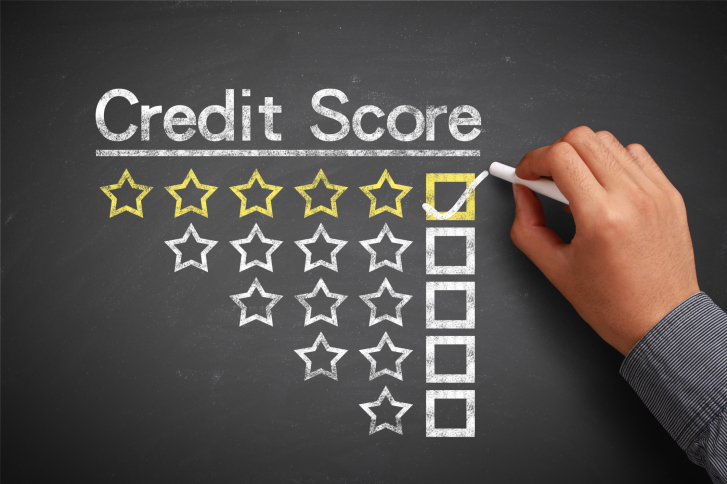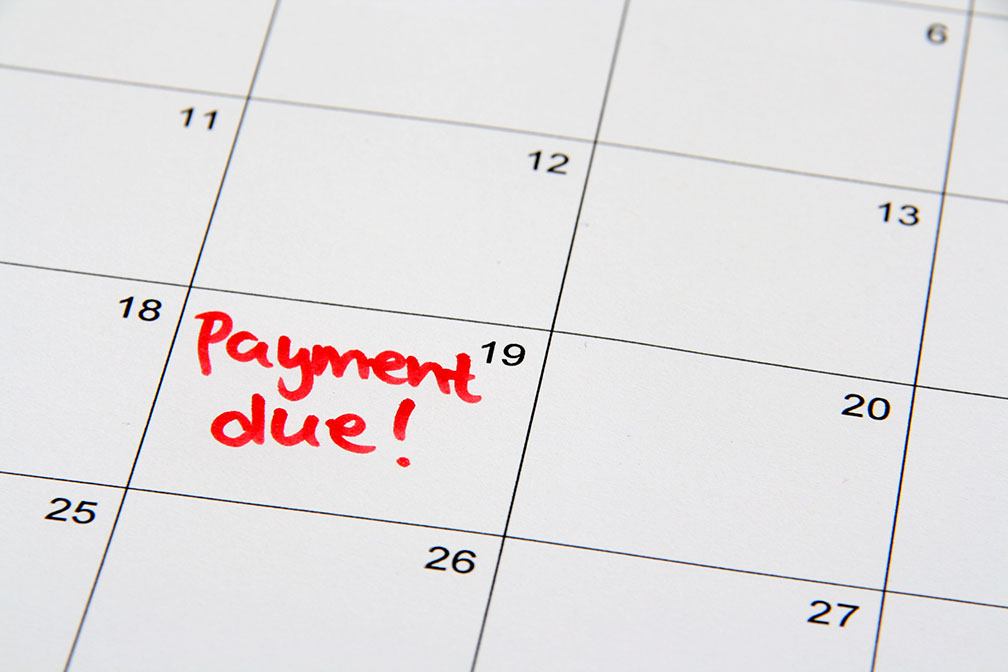 When delving into the world of real estate and investment property, there are many terms that will come up that require further explanation. Whether you’ve never heard the phrase ‘home equity’ before or you have a little familiarity, here are the ins and out of what it means and how this asset can help your financial outlook.
When delving into the world of real estate and investment property, there are many terms that will come up that require further explanation. Whether you’ve never heard the phrase ‘home equity’ before or you have a little familiarity, here are the ins and out of what it means and how this asset can help your financial outlook.
All About Home Equity
Essentially, home equity refers to your portion of the value of your home, and the amount of this figure is important because it is included among your assets when determining your net worth. If this sounds confusing, think of it this way: if you have completely paid off the cost of your home, the value of your home equity is this total amount. Of course, because most people seek a lender to borrow money from when they purchase a home, their home equity would consist of their down payment and whatever amount they’ve paid down on the mortgage since purchase.
An Example Of Home Equity
To provide further clarification, let’s use the example of a house that has been purchased for $300,000. In the case that a down payment of 20% has been provided at the time of purchase, the equity in the home would be $60,000. Since this amount is the percentage and cost of the house that’s been paid down, this is the amount of the house that is actually owned and this will be figured among an individual’s assets.
How Home Equity Works
As you pay the amount that you owe on your home each month, you are paying off your total debt and thereby increasing your equity. Since this amount of money is considered an asset that belongs to you, it can be used down the road to buy another home or invest in other important things like education or retirement. While paying off the amount owed on a home is a considerable investment, if the value of your home increases, this means that you’ll still owe the same on it but your home equity will have automatically increased.
As an asset that is part of your financial net worth and can be used down the road to fund other investments, home equity is a very useful term to know when it comes to purchasing a home. If you’re on the market for a home and are considering your options, you may want to contact one of our local real estate professionals for more information.
 If you’re worried about your bad credit, you’ll want to do everything in your power to improve your rating as quickly as possible – especially if you have a major purchase coming up. Improving your credit rating can give you access to better interest rates on mortgages or even help you to get that job you’re after.
If you’re worried about your bad credit, you’ll want to do everything in your power to improve your rating as quickly as possible – especially if you have a major purchase coming up. Improving your credit rating can give you access to better interest rates on mortgages or even help you to get that job you’re after. Are you the type of person that struggles with remembering to pay their bills on time? You’re not alone. People across the country regularly submit late monthly payments, inflicting terrible damage to their credit. Let’s take a quick look at how paying your loan or other monthly payments late can have a negative impact on your mortgage.
Are you the type of person that struggles with remembering to pay their bills on time? You’re not alone. People across the country regularly submit late monthly payments, inflicting terrible damage to their credit. Let’s take a quick look at how paying your loan or other monthly payments late can have a negative impact on your mortgage.